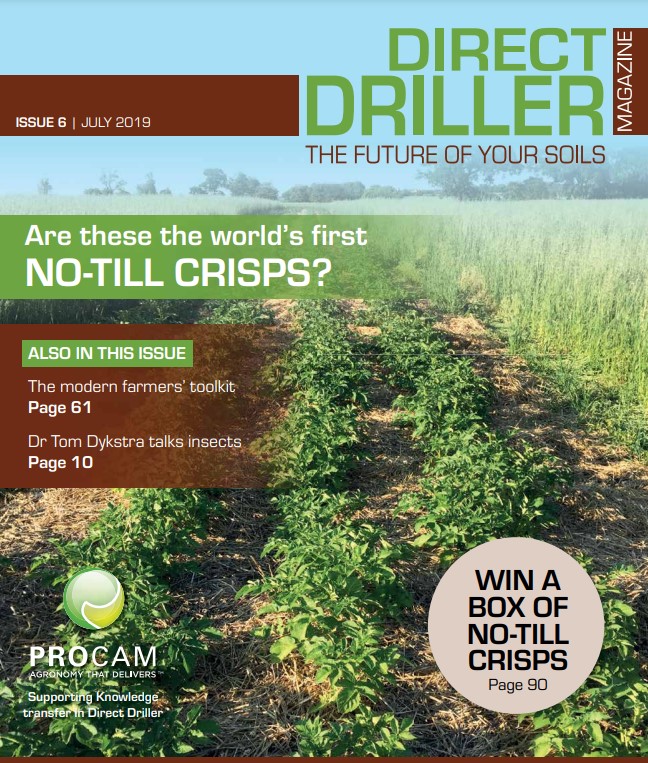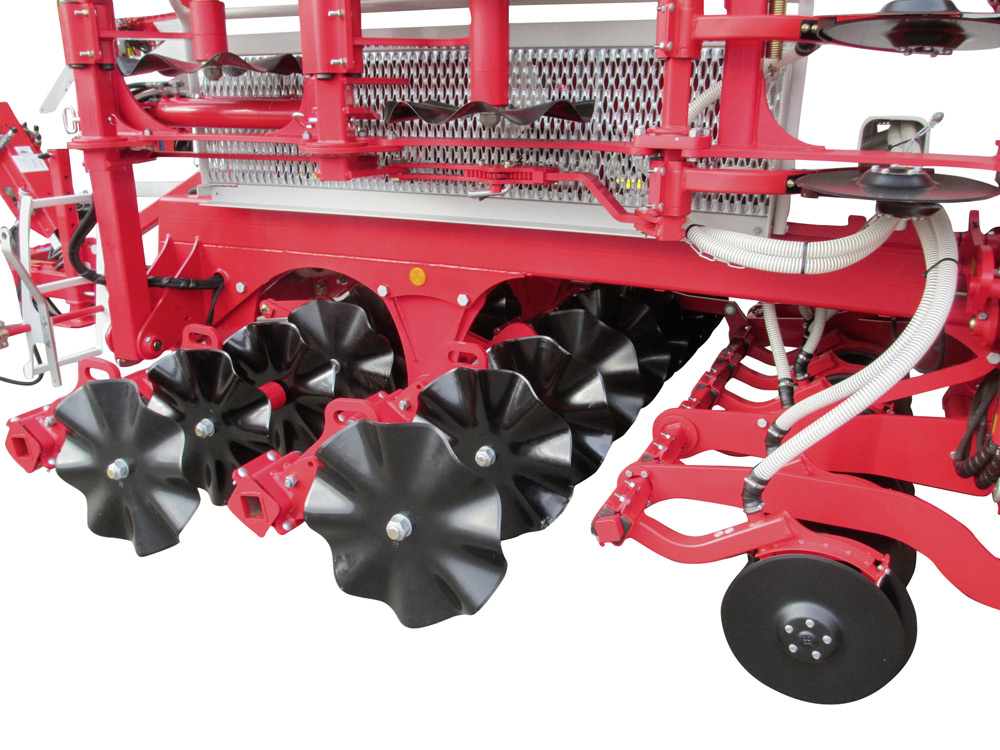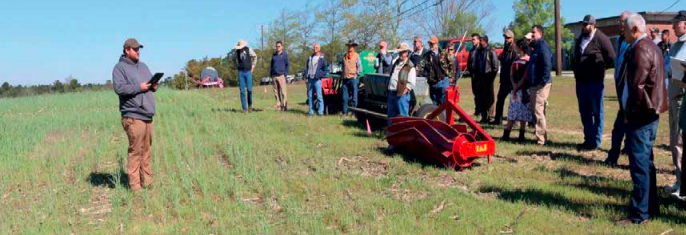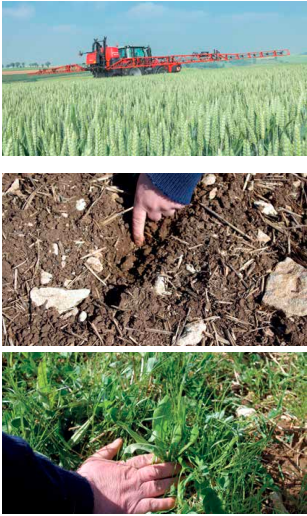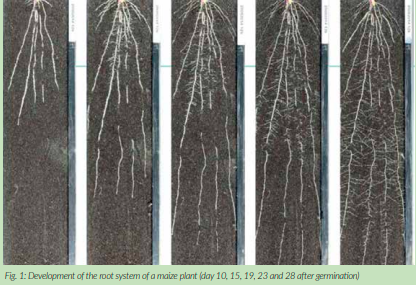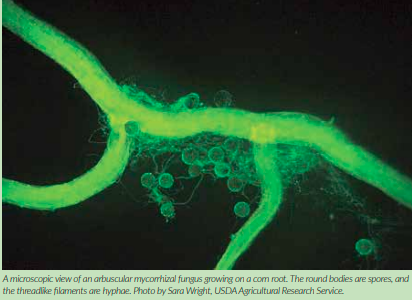The Principles Of Tillage And What We Have Learned Since
This is a great example of how the world changes and with it our better understanding of farming methods. Jethro Tull (1674– 1741) was an early English agricultural experimentalist whose book The New Horse Hoeing Husbandry: An Essay on the Principles of Tillage and Vegetation was published in 1731. It was the first textbook on …
The Principles Of Tillage And What We Have Learned Since Read More »
